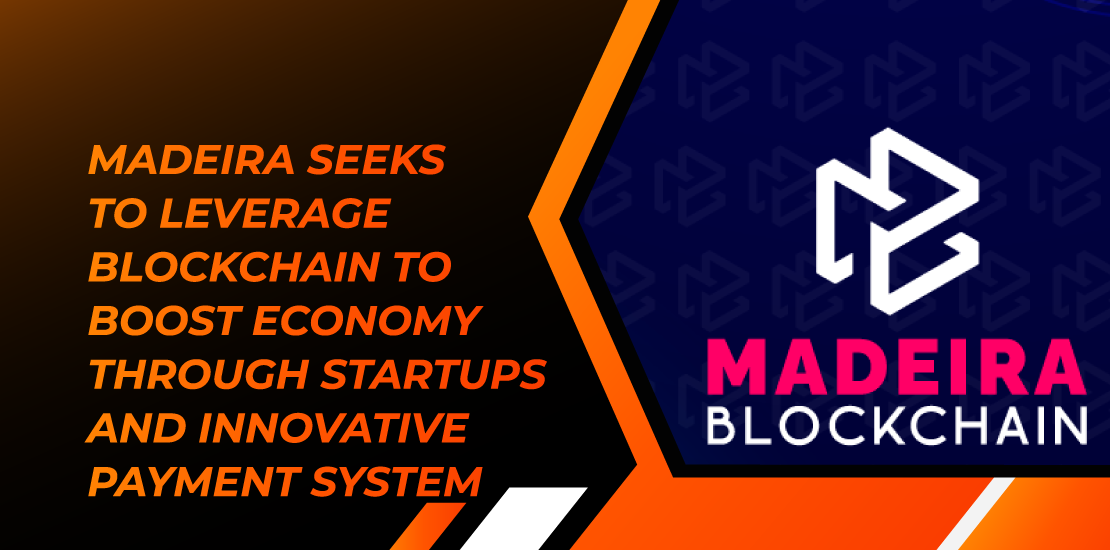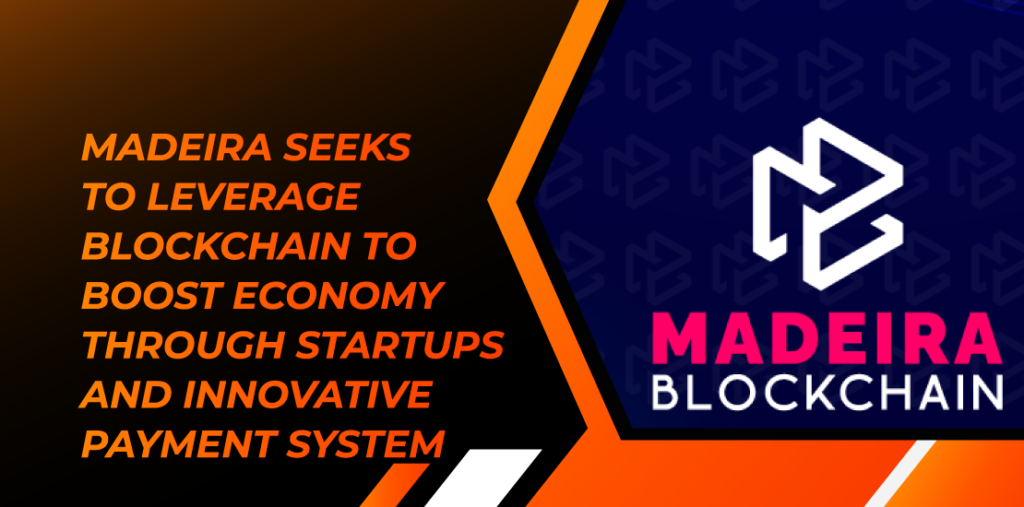- December 5, 2023
- Posted by: [email protected]
- Category:


The Madeira Blockchain 2023 conference unveiled the archipelago’s ambitious plans to transform into a technology hub in the Atlantic, leveraging startups and a forward-thinking payment system.
Nestled in the middle of the Atlantic, the Madeira archipelago, renowned for its natural beauty, is on a mission to revitalize its economy by attracting startups and tech talents. The region is witnessing an influx of Web3 entrepreneurs keen on being part of its transformative journey.
Despite its scenic charm, Portugal’s Madeira archipelago faces challenges such as an aging population and the imperative for a more diversified economy. In response, the local government is proactively exploring emerging technologies, with a notable focus on blockchain.
According to Rogerio Gouveia, the finance secretary of the regional government of Madeira, emerging technology companies constitute nearly 30% of businesses in Madeira’s free trade zone. This special economic area offers enticing tax benefits, including one of the lowest corporate tax rates in the European Union and a capital gains tax exemption for eligible firms.
Gouveia emphasized the key tax incentive provided by the Madeira free zone, which caps the corporate tax rate at a competitive maximum of 5%. He clarified that this is not an offshore haven but operates within a well-regulated framework, subject to rigorous audits by both national tax authorities and the European Commission. These insights were shared during the Madeira Blockchain conference.
Yacooba Labs, a software development company focusing on blockchain solutions for ticketing, stands out as one of the enterprises driving Madeira’s Web3 ecosystem. Their innovative approach addresses challenges like overpriced secondary markets and fraud in ticketing.
Beyond tax incentives, Madeira is strategically channeling efforts to transition from a tourism-centric economy to a technology-based one. Initiatives include a strong emphasis on information technology education in local schools, marking a significant shift from the island’s 50% illiteracy rate during the 1970s.
Additionally, Madeira is actively developing a payment network aimed at connecting local merchants and simplifying currency exchange for tourists. In the conceptual stage, the network is likely to leverage blockchain technology, allowing tourists to load and use a single debit card across the archipelago for all products and services. This unified card system will streamline government operations, including the disbursement of social benefits like scholarships to residents.
Rogerio Gouveia expressed the region’s experimental spirit, noting that Madeira serves as a laboratory for testing innovative models, reminiscent of its historical role in validating technologies like 4G and cable television in Portugal over the decades. The ongoing initiatives underscore Madeira’s commitment to technological evolution as a catalyst for economic rejuvenation.



